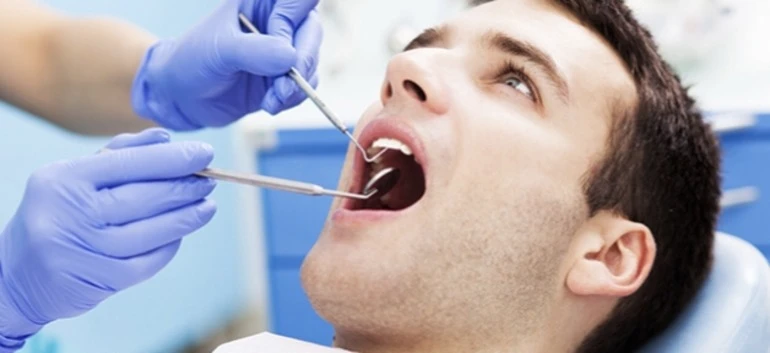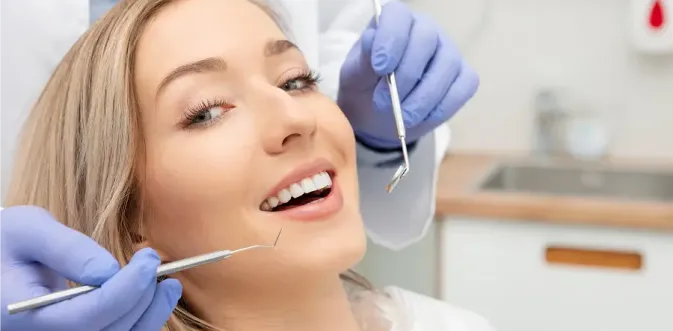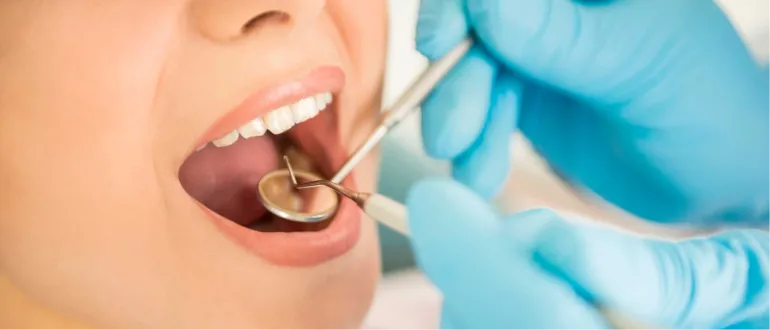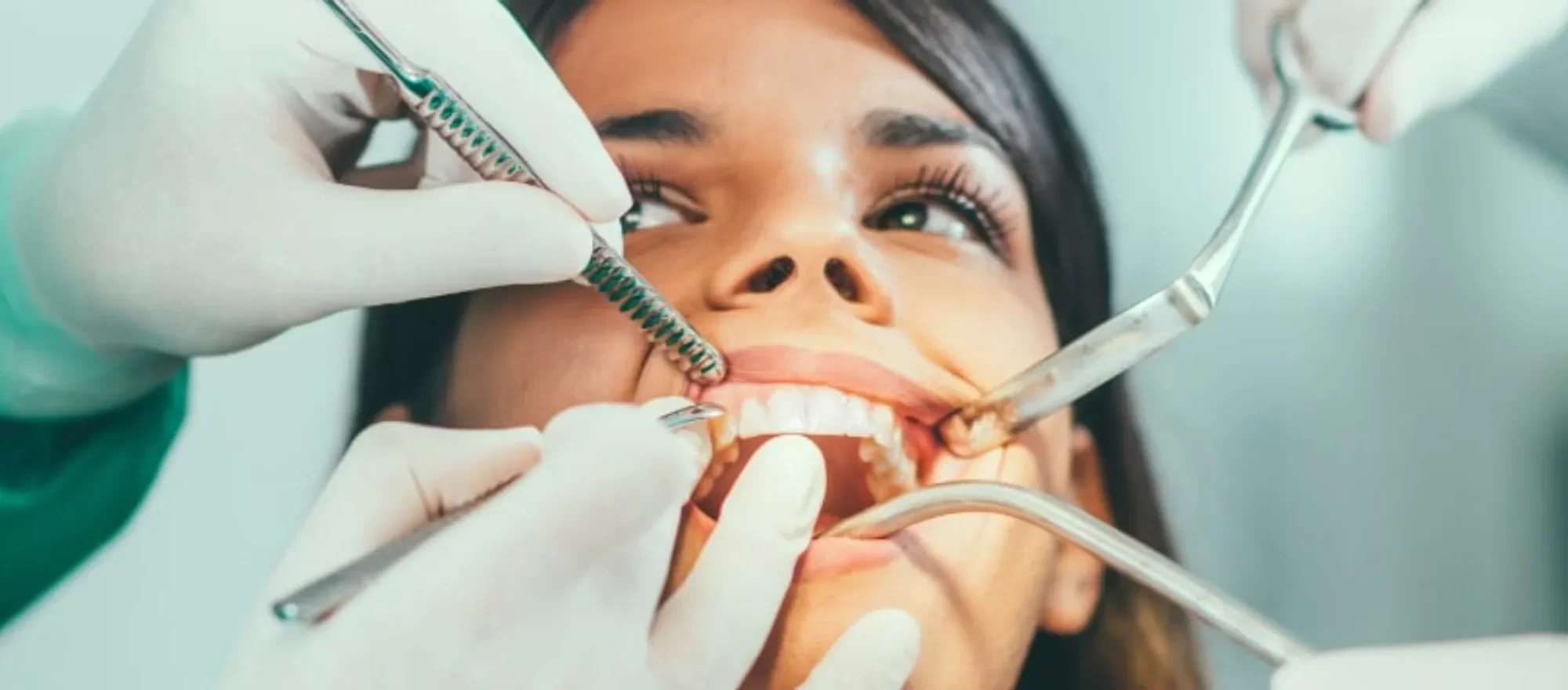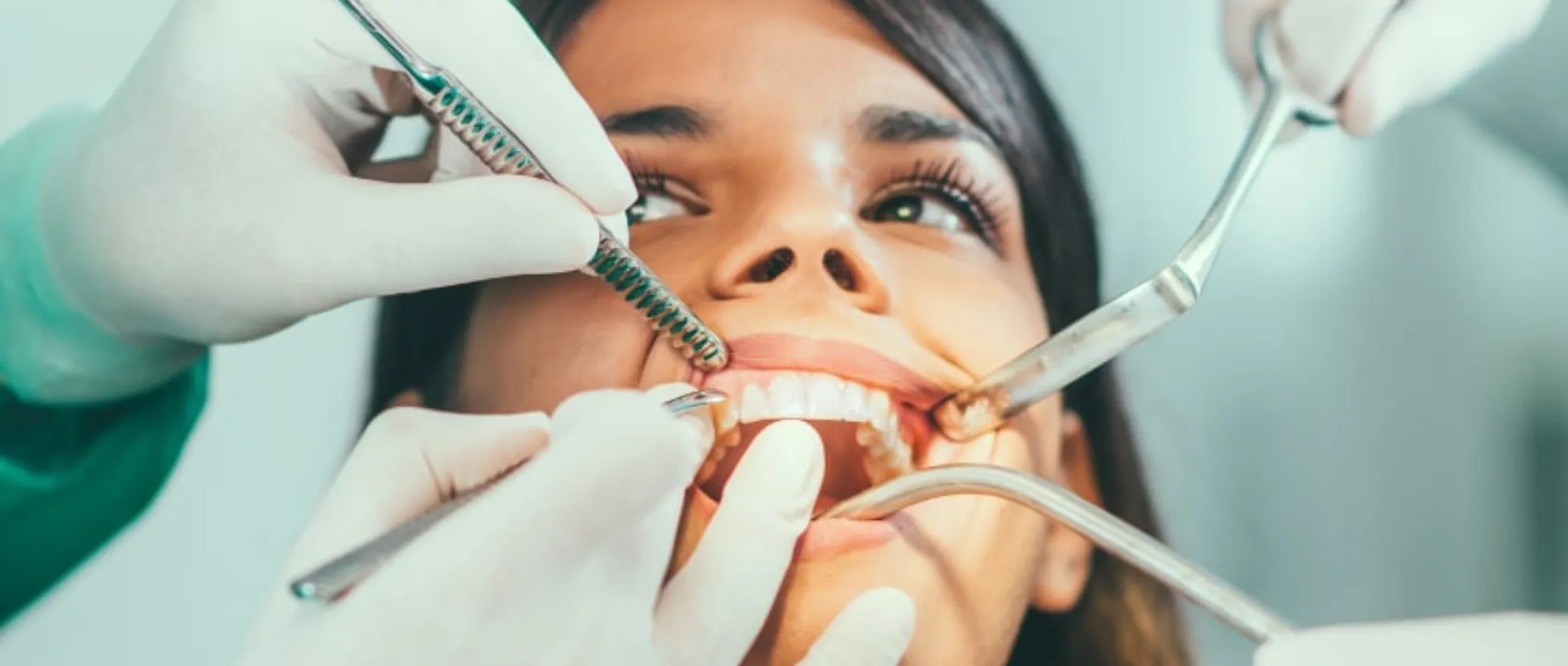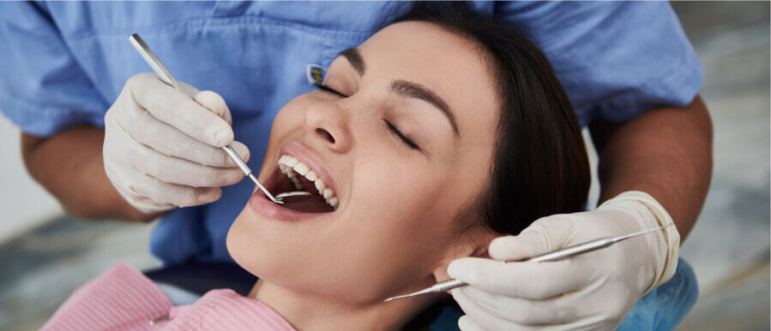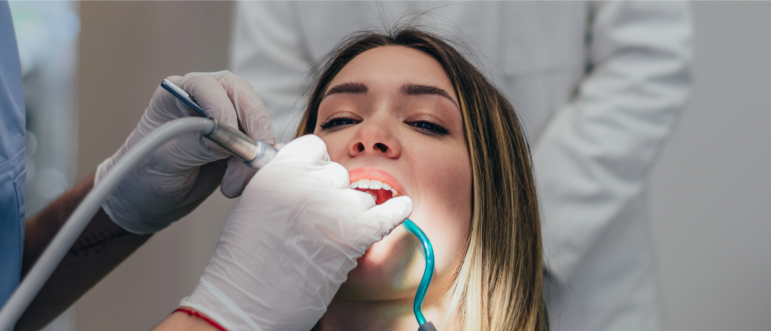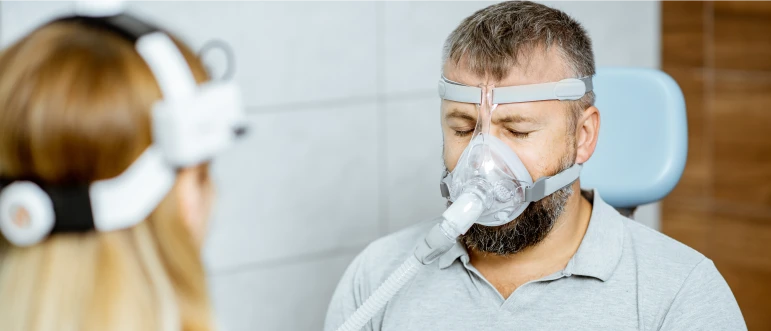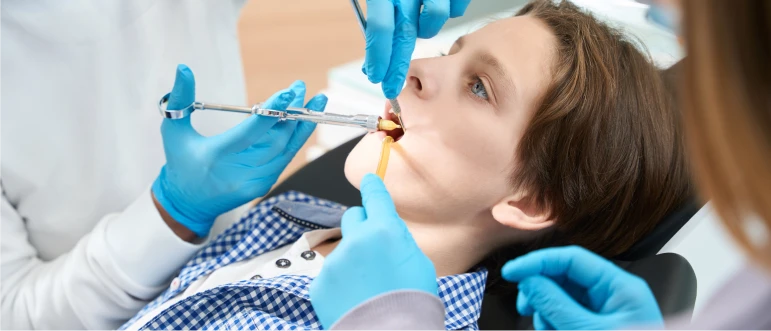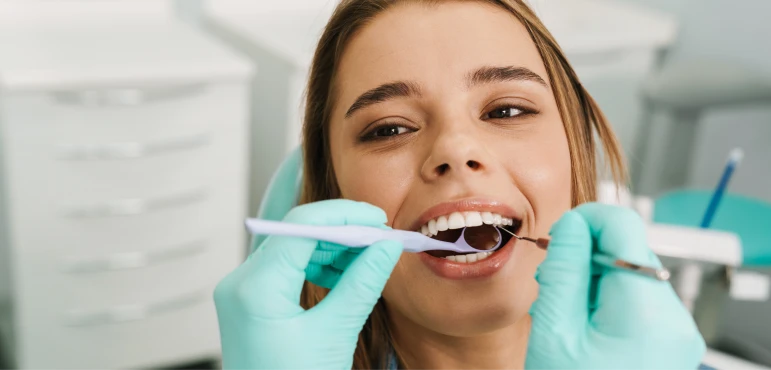Dental emergencies have an uncanny way of catching us off guard, striking at the most inconvenient times when our trusted dentist is nowhere in sight. Whether it’s a sudden toothache, a broken crown, or a knocked-out tooth, these unforeseen situations demand swift action and dental first aid.
When seeking emergency dental care is difficult or not possible, it becomes crucial for individuals to equip themselves with the knowledge and know-how to manage dental emergencies effectively.
Immediate Care For Common Dental Emergencies
When faced with common dental emergencies and finding a good dentist is difficult, knowing how to provide immediate care can be crucial in alleviating pain and preventing further damage.
Toothache
- Rinse your mouth with warm water to clean the area.
- Floss gently to remove any trapped debris between teeth.
- Use a cold compress outside your cheek to reduce swelling.
- Over-the-counter pain relievers can help manage pain but avoid placing aspirin directly on the gum, as it may irritate.
Chipped or Broken Tooth
- Save any broken tooth fragments and rinse them with warm water.
- Rinse your mouth with warm water to clean the area.
- Apply a cold compress to minimize swelling.
- Use dental wax or sugar-free gum to cover sharp edges temporarily till you get treatment for broken tooth repair.
Knocked-Out Tooth
- Handle the tooth by the crown (top part), avoiding touching the root.
- Rinse the tooth gently with water, but do not scrub or remove any attached tissue.
- Try to reinsert the tooth into its socket. If not possible, store it in milk or your saliva until you can reach a dentist.
Lost Filling or Crown
- Apply dental cement, available at most pharmacies, to temporarily cover the exposed area.
- Avoid using superglue or household adhesives, as they are unsafe for oral use.
- Keep the affected area clean and avoid chewing on that side of your mouth.
Abscessed Tooth or Gum Infection
- Rinse your mouth with a mild saltwater solution to reduce bacteria.
- Use a cold compress outside your cheek to alleviate swelling.
- Over-the-counter pain relievers can help manage discomfort.
Object Lodged Between Teeth
- Gently try to remove the object with dental floss, being careful not to cause injury.
- Avoid using sharp objects or excessive force, which may damage your gums or teeth.
- If unsuccessful, seek professional help promptly.
While these steps can offer temporary dental solutions, seeking professional care as soon as possible is crucial. Don’t ignore dental emergencies, and reach out to emergency dental care to address the root cause and receive proper treatment.
Tips For Managing Dental Emergencies Anytime
Here are some essential tips for managing dental emergencies at home anytime –
- Maintain an Emergency Dental Kit: Keep a small kit with essentials like dental floss, sterile gauze, pain relievers, and dental cement for temporary fixes.
- Avoid Self-Diagnosis: While home care is essential, avoid self-diagnosing or attempting complex procedures without professional guidance.
- Cold Compress for Swelling: Apply a cold compress to the outside of your cheek to reduce swelling in case of trauma or infection.
- Rinse with Warm Water: Regularly rinse your mouth with warm water to clean the oral cavity and reduce the risk of infection.
- Use Over-the-Counter Pain Relievers: Non-prescription pain relievers can help manage discomfort temporarily, following recommended dosage guidelines.
- Protect Against Further Damage: For broken or damaged teeth, use dental wax or sugar-free gum to cover sharp edges, preventing further injury.
- Avoid Harmful Substances: Don’t use household adhesives or apply aspirin directly to gums, as they can cause more harm than good.
Dental emergencies vary, and individual cases may require specific attention from a qualified emergency dentist. Always consult with a dental professional for personalized guidance and treatment.
Get Quick Relief With Reliable Emergency Dental Care
Ignoring dental emergencies can lead to more significant issues. Take charge of your oral health by contacting us now. Our Best dentist in Frisco, Texas, at Pinnacle Dental, is always ready to address your emergency promptly, providing the care and relief you deserve.
Contact Us anytime at (469) 421-8161 you need immediate dental care.

